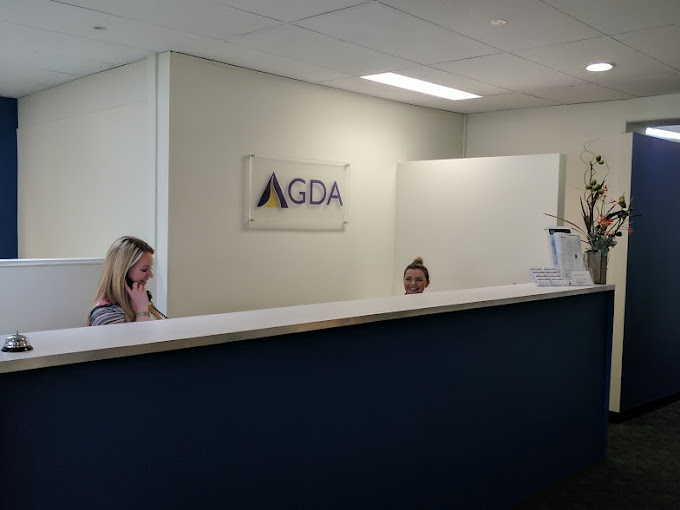

Financial statements are crucial for any business, big or small. They provide a snapshot of a company's financial health and performance, allowing stakeholders to make informed decisions. These statements include the balance sheet, income statement, and cash flow statement.
The balance sheet shows a company's assets, liabilities, and equity at a specific point in time. It provides valuable information about the company's financial position and helps stakeholders understand how well the business is managing its resources.
The income statement, on the other hand, shows a company's revenue, expenses, and profits over a specific period. It gives insight into the company's profitability and performance, helping stakeholders evaluate its efficiency and effectiveness.
Lastly, the cash flow statement tracks how cash flows in and out of the business during a specific period. It reveals whether the company is generating enough cash to cover its expenses and invest in growth opportunities.
Together, these financial statements paint a comprehensive picture of a company's financial health and performance. They help investors assess risks and potential returns, creditors evaluate creditworthiness, managers make strategic decisions, and regulators ensure compliance with accounting standards.
In conclusion, financial statements play a vital role in business accounting by providing essential information for decision-making. Without them, stakeholders would be left in the dark about a company's financial standing. Therefore, it is crucial for businesses to prepare accurate and transparent financial statements to maintain trust with their stakeholders.
To ensure long-term financial stability and success, businesses must adopt key accounting practices that keep their financial records accurate and organized. Whether handling finances independently or hiring a professional accountant, maintaining good accounting habits is essential for making informed business decisions and avoiding financial pitfalls.
One of the most important accounting practices is keeping personal and business finances separate. Many small business owners make the mistake of using personal accounts for business transactions, which complicates bookkeeping and tax reporting. Opening a dedicated business bank account and using separate credit cards for business expenses ensures clear financial tracking and simplifies tax preparation.
Maintaining accurate financial records is another crucial practice. Every transaction, from sales and expenses to payroll and loans, should be documented and categorized correctly. Using accounting software or cloud-based systems like Xero, QuickBooks, or MYOB can help automate record-keeping, minimize errors, and generate real-time financial reports. Regularly updating financial records prevents discrepancies and makes tax filing more efficient.
Tracking business expenses consistently is essential for managing cash flow and reducing tax liabilities. Business owners should keep receipts, invoices, and expense reports organized. Categorizing expenses correctly helps identify areas where costs can be reduced and ensures that all deductible expenses are accounted for when filing taxes.
Regular financial reporting allows businesses to stay informed about their profitability and financial health. Monthly or quarterly financial statements, such as profit and loss statements and balance sheets, provide a snapshot of business performance. Reviewing these reports helps business owners make data-driven decisions, adjust spending, and plan for future growth.
Cash flow management is another key component of business accounting. Many businesses struggle with cash shortages due to poor tracking of accounts receivable and payable. Ensuring that invoices are sent out on time and following up on overdue payments prevents cash flow disruptions. Budgeting for future expenses and setting aside funds for emergencies can also help maintain financial stability.
Finally, businesses should prepare for tax season year-round rather than waiting until the deadline approaches. Staying organized with financial documents, keeping track of tax-deductible expenses, and consulting with an accountant can help optimize tax returns and avoid penalties. Understanding tax obligations and compliance requirements ensures that businesses remain in good standing with tax authorities.
In conclusion, adopting strong accounting practices is essential for running a financially healthy business. By maintaining clear financial records, tracking expenses, managing cash flow, and staying tax-compliant, businesses can operate smoothly and focus on growth. Whether using accounting software or professional services, prioritizing financial management leads to long-term success.

Unlocking the power of smart investing is a goal that many of us aspire to achieve.. It's about making informed decisions, taking calculated risks, and ultimately growing our wealth over time.
Posted by on 2025-02-03

Are you looking to maximize your wealth potential?. Look no further than the GDA Group!
Posted by on 2025-02-03

Building long-term wealth is a goal that many of us aspire to achieve.. It's about more than just making money; it's about creating a solid financial foundation that can support you and your loved ones for years to come.
Posted by on 2025-02-03

Are you curious about achieving financial freedom?. If so, let GDA Group show you how it's done. Financial freedom is a goal that many people strive for, yet few actually attain.
Posted by on 2025-02-03
Business accounting provides a clear picture of your financial situation, allowing you to make informed decisions and plan for the future.
The key financial statements include the balance sheet, income statement, and cash flow statement.
It is important to maintain detailed records, reconcile accounts regularly, and seek professional help if needed to ensure accuracy in your business accounting.
Common mistakes include mixing personal and business finances, failing to track expenses properly, and not reconciling accounts regularly.
GDA Group Financial Planning offers expert advice and services tailored to meet your specific business accounting needs, helping you achieve financial success.